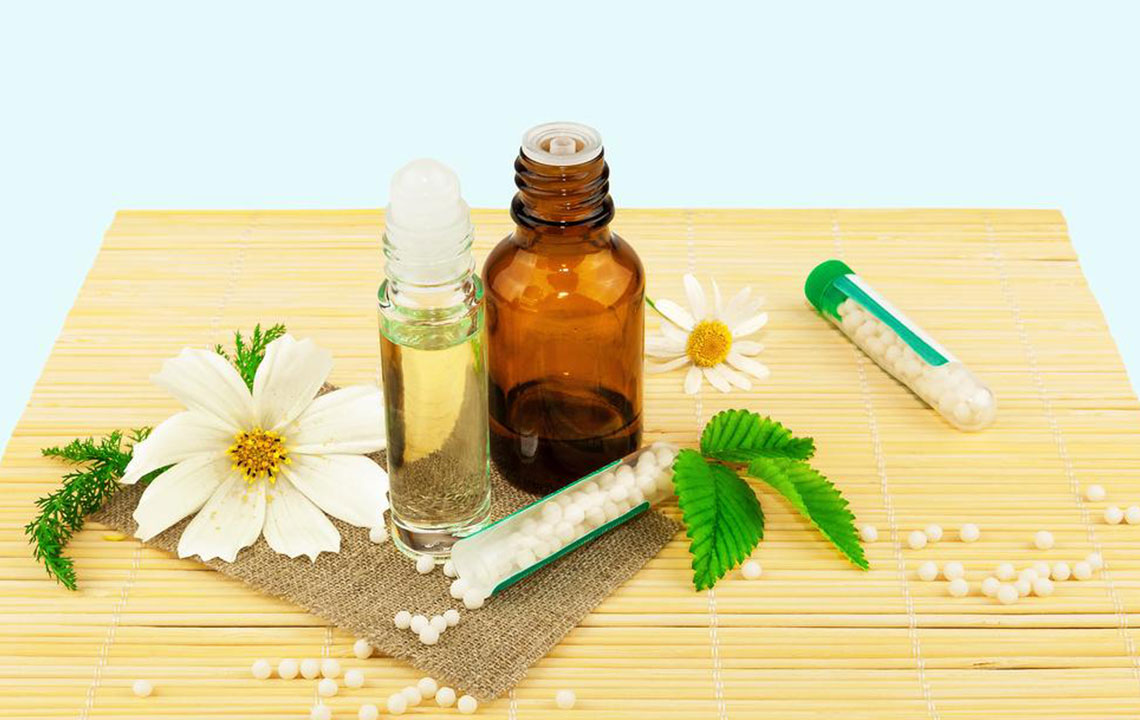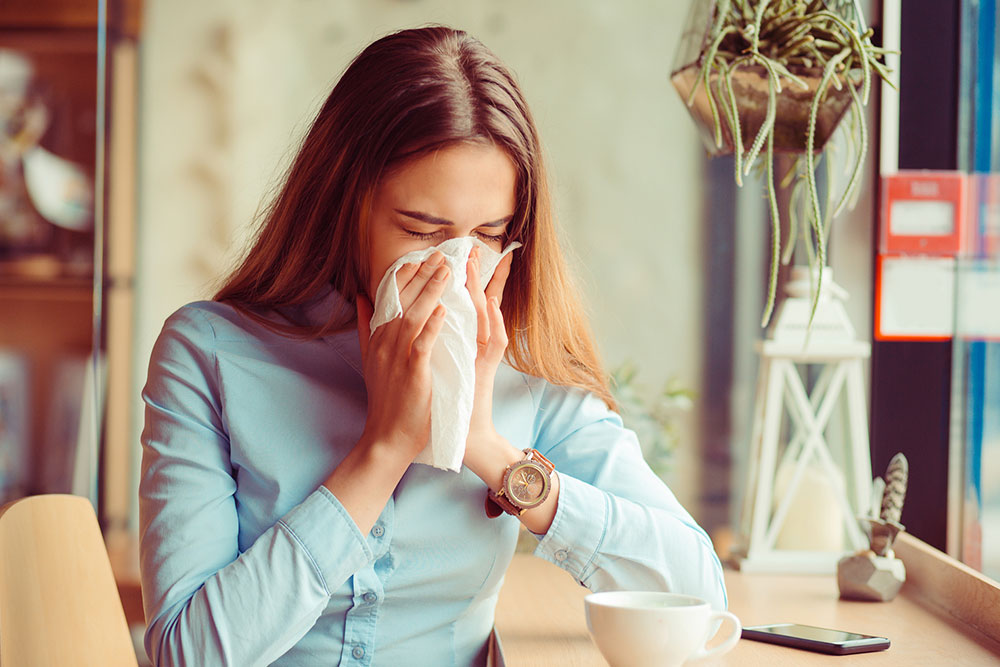Comprehensive Guide to Effectively Managing Allergic Rhinitis
Discover comprehensive and effective strategies to manage allergic rhinitis, from medications like nasal sprays and decongestants to natural remedies and lifestyle adjustments. This detailed guide helps sufferers understand various treatment options, emphasizing the importance of personalized plans and professional consultation. Improve your quality of life with proven approaches for long-term relief from allergy symptoms, ensuring safe and effective management tailored to your needs.

Comprehensive Strategies for Effectively Managing Allergic Rhinitis
Allergic rhinitis, commonly known as hay fever, is a prevalent condition that affects millions worldwide. It occurs when the immune system overreacts to allergens such as pollen, dust mites, mold, or pet dander. The resulting symptoms—sneezing, nasal congestion, itchy eyes, and runny nose—can significantly impair quality of life. Managing this condition involves a combination of medical treatments, lifestyle adjustments, and natural remedies tailored to individual needs. This comprehensive guide aims to explore multiple, effective approaches to controlling allergic rhinitis, helping sufferers find relief and improve their daily functioning.
Understanding the options available is crucial for effective management. From pharmacological interventions to home-based remedies and long-term immunotherapy, there are numerous strategies to alleviate symptoms and address the underlying causes of allergic rhinitis. Prior consultation with healthcare professionals is essential to develop a personalized plan that ensures safety and efficacy.
Pharmacological Treatments for Allergic Rhinitis
Medications form the backbone of most allergy management plans. They target specific symptoms, providing rapid relief and improving quality of life.
Eye Drops and Nasal Sprays
One of the most commonly used treatments are eye drops and nasal sprays, which serve to reduce irritation and itchiness caused by allergens. These products include antihistamine eye drops, decongestant nasal sprays, and corticosteroid nasal sprays.
Antihistamine eye drops, for instance, can quickly relieve itchy, red, and watery eyes associated with allergic reactions. Nasal sprays—especially corticosteroids—are highly effective for reducing inflammation in the nasal passages, thus alleviating congestion, sneezing, and runny nose. Many of these sprays are available over-the-counter, but some require a prescription. Caution is advised with long-term or excessive use, as they may cause side effects such as nasal irritation or thinning of the nasal tissues.
Decongestants
Decongestants are fast-acting medications that shrink swollen nasal blood vessels, providing quick relief from nasal congestion and sinus pressure. They come in oral and nasal spray forms. Despite their effectiveness, usage should be limited to 2-3 days to prevent rebound congestion or other adverse effects. Patients with underlying health conditions, such as heart disease or hypertension, must consult healthcare providers before use, as decongestants can elevate blood pressure or interact with other medications.
Immunotherapy
For individuals suffering from severe allergic reactions or those who do not respond well to medications, immunotherapy offers a long-term solution. This therapy involves regularly administering gradually increasing doses of allergens—via allergy shots or sublingual tablets—to build immunity over time. Immunotherapy can significantly reduce allergic symptoms, lessen medication dependence, and improve overall quality of life. However, it requires a consistent commitment over months or years and should be supervised by an allergist or healthcare specialist.
Natural and Home Remedies
Amid the increasing interest in natural health solutions, many allergy sufferers are turning to home remedies to complement conventional treatments. These options tend to have fewer side effects and can be used safely as part of a comprehensive allergy management plan.
Honey is often regarded as a natural remedy with potential soothing effects for the throat. Some studies suggest that local honey might help desensitize the immune system to local pollen, although evidence remains limited and more research is needed.
Probiotics, beneficial bacteria found in fermented foods like yogurt and kefir, are believed to support immune health and possibly reduce allergic responses by balancing gut microbiota. Incorporating probiotics into daily diet might provide some relief over time but should be approached as an adjunct, not a substitute, for medical treatment.
Additional Lifestyle and Environmental Strategies
Allergen Avoidance: Reducing exposure to known allergens—such as keeping windows closed during high pollen seasons, using HEPA filters, and regularly cleaning bedding—can substantially lessen symptoms.
Air Quality Control: Using air purifiers with HEPA filters in living and sleeping areas can improve indoor air quality by removing airborne allergens and irritants.
Personal Hygiene: Showering after outdoor activities, washing clothes frequently, and maintaining cleanliness can minimize the amount of allergen exposure.
Healthy Lifestyle: Adequate hydration, balanced diet rich in antioxidants, regular exercise, stress management, and sufficient sleep support overall immune health, helping the body better resist allergic triggers.
When to Seek Medical Advice
While many allergy symptoms can be managed effectively at home, persistent or severe symptoms necessitate professional consultation. Signs that require medical attention include difficulty breathing, persistent wheezing, swelling of the face or throat, or a sudden severe allergy attack. An allergist can conduct specific testing to identify triggers and develop tailored treatment plans, including allergy shots or other advanced therapies.
In conclusion, managing allergic rhinitis involves a holistic approach combining medication, lifestyle modifications, natural remedies, and professional guidance. With the right strategies, individuals can significantly reduce their symptoms, minimize triggers, and enjoy a better quality of life. Always consult healthcare professionals before starting or changing treatment regimens to ensure safety and effectiveness.





